On March 11, 2025, at around 1.30 pm (local time), Baloch Liberation Army ( BLA) militants hijacked the Jaffar Express train near the Bolan Pass, situated 120 km south of Pakistan’s border with Afghanistan. They took almost 450 people hostage, including civilians and security personnel. The (BLA)’s Majid Brigade later claimed the action, indicating in a tweet (on ‘X’) that they had released civilians, including women and children, while Pakistani army and paramilitary personnel remained in their custody.
Pakistani security sources, moving into the area subsequently, undertook an operation in which they claimed to have killed 16 terrorists and rescued 104 hostages. Even as the action was continuing, reports have come in, of over 30 casualties and 214 hostages being still under control of the militants, some of whom may have been taken away to hilly safe havens nearby.
The Jaffar Express
The Jaffar Express is a passenger train running between Quetta and Peshawar. It is named after Mir Jaffar Khan Jamali, a prominent Baloch tribal leader and active member of the Pakistan movement, who was a close friend of Mohammad Ali Jinnah. He was the uncle of former Prime Minister, Mir Zafarullah Khan Jamali. The train was inaugurated on April 16, 2003, during the latter’s stint as Prime Minister. It was originally running between Quetta and Rawalpindi but was extended to Peshawar in April 2017. The journey takes approximately 34 hours to cover a distance of 1,632 kilometres.
The railway line: A feat of British engineering
The construction of this railway line, through difficult mountainous terrain was a veritable feat of British engineering. In 1837, threatened by a possible Russian invasion of South Asia via the Khyber and Bolān Passes, a British envoy was sent to Kabul to gain support of the Emir, Dost Mohammed.
In February 1839, during the First Anglo-Afghan War, the British Army under Sir John Keane took 12,000 men through the Bolan Pass and entered Qandahar, which the Afghan princes had abandoned; from there they would go on to attack and overthrow Ghazni. The pass they chose was not the same as that used by the modern railway line, but further west at Siri-Bolan. In 1883, Sir Robert Sandeman negotiated with the Khan of Kalat, Khudadad Khan to secure British control over the pass in exchange for an annual fee.
Starting from Quetta, the train line’s alignment runs south east, towards Sibi, skirting the hills to Rindli. It originally followed the course of the Bolan stream to its head on the plateau. However, several destructive floods led to the abandonment of this alignment. The railway now follows the Mashkaf valley, debouching into the plains close to Sibi. It is carried from near the head of the Mashkaf to a junction with the Bolan at Machh.
Quick Reads
View AllBolan Pass
The Bolan Pass itself is an 89 km stretch, adjacent to the Bolan river valley, from Rindli in the south to Darwaza near Kolpur in the north. It is made up of a number of narrow gorges and stretches as a natural gateway through the Toba Kakar mountain range. At the Khundilani gorge of the Bolan route cliffs rise to a height of 800 feet (240 m), which enclose the valley.
After emerging from the Bolan tunnels, the Jaffar Express moves further southward, towards Jacobabad and Rohri, before turning north and east, towards Peshawar.
A Marri area
The area is generally known to have been inhabited by militias of Baloch tribesmen, chiefly Marris. As this route is often used for transit by security force personnel, the Jaffar Express has been a target of resurgent groups of Baloch militants as well as the Tehrik-e-Taliban (TTP) in the recent past. In 2023 and 2024, there were attacks on the train near this very area. Again, in January this year, a bomb blast occurred after the train left Quetta railway station. This time again, the BLA seems to have chosen the point of attack with great care and considerable planning, without any intelligence leaking to the Pakistani security establishment.
The incident marks a major upscaling of Baloch militancy, reflecting a pattern evident over the last one year, which has seen attacks with impunity on Chinese engineers working on CPEC projects in Gwadar, Hub and elsewhere in the province, as also in Khyber Pakhtunkhwa, Sind.
In the past, Baloch militant actions were fragmented and were claimed by different factions owing adherence to Bugti, Mengal or Marri tribal lords but these differences appear to have been papered over, with widespread angst extending among the educated youth and emerging Baloch middle class populace. The resentment has intensified also on account of the insensitive repressive policies followed by the military leading to frequent disappearances of youth activists.
While affecting families of common Baloch inhabitants, peaceful demonstrations by women activists like Mahrang Baloch have attracted international attention but have not led to any change in the attitude of the military establishment. No silver lining of an outreach to civilian intelligentsia is seen lately, with almost complete abandoning of past approaches on the ‘Aghaz- e- Haqooq’ development and employment oriented packages of the past, helmed by sensible Baloch politicians like Dr Abdul Malek and Akhtar Mengal.
The present crisis seems destined to linger in a long haul of possible negotiations or intermittent military action, between the hostage taking group of Baloch militants and the Pakistani security forces.
The writer is a former special secretary, Cabinet Secretariat. Views expressed in the above piece are personal and solely those of the author. They do not necessarily reflect Firstpost’s views.


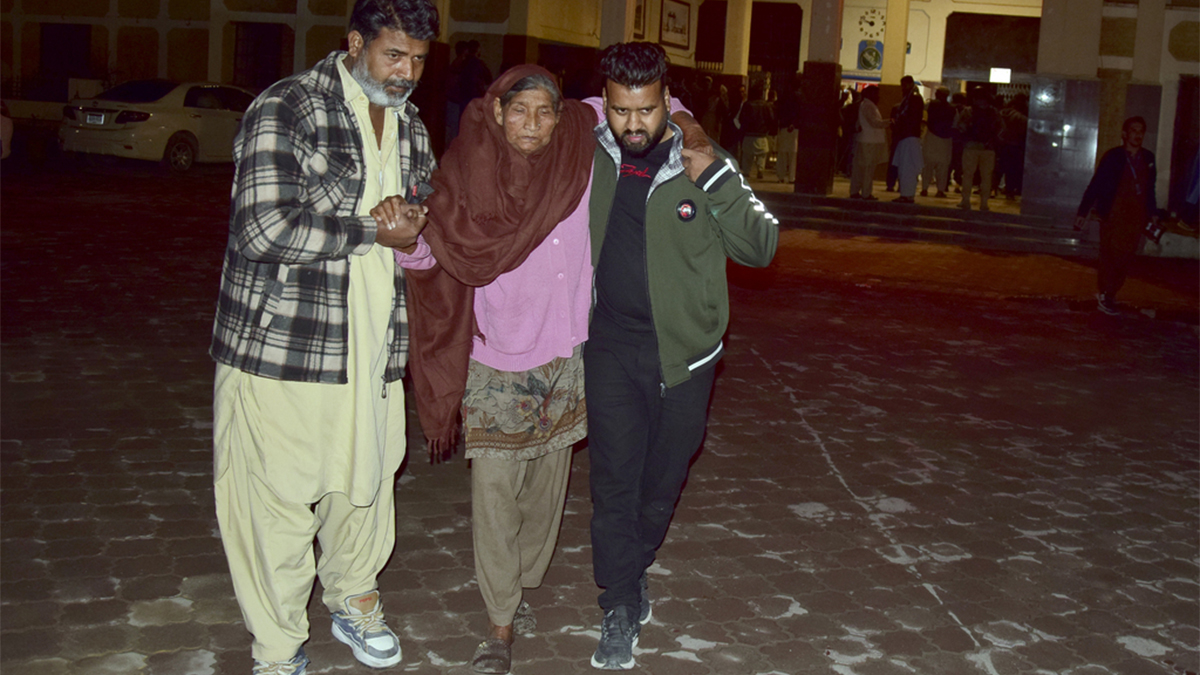)
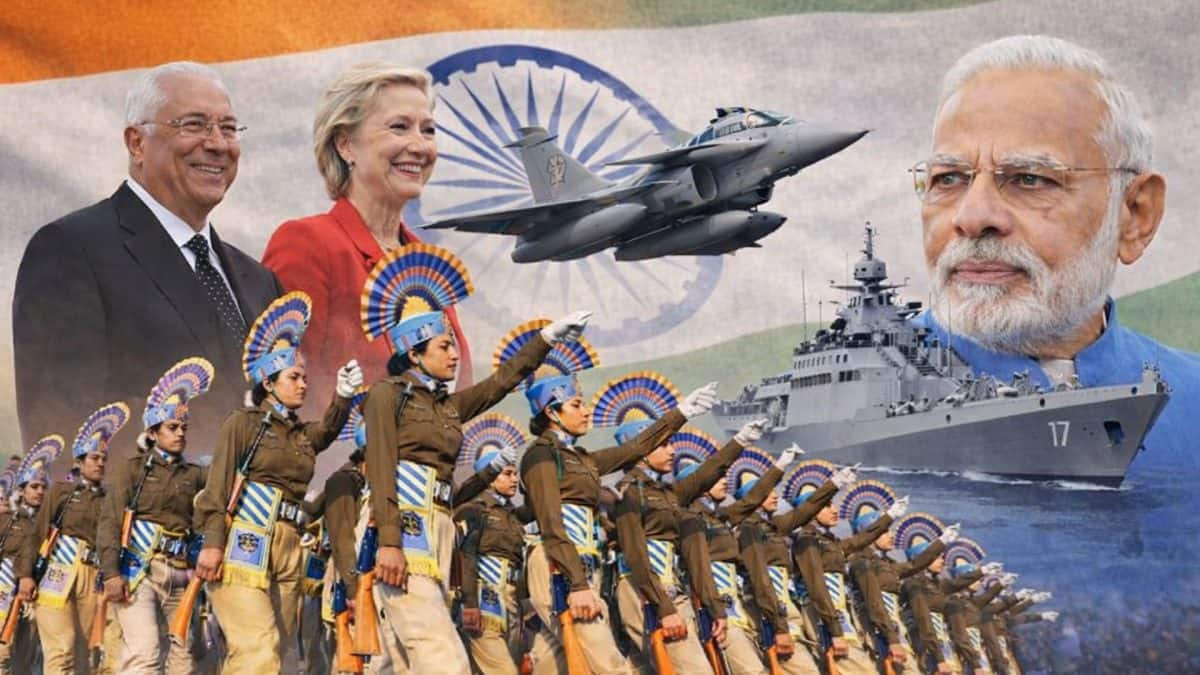
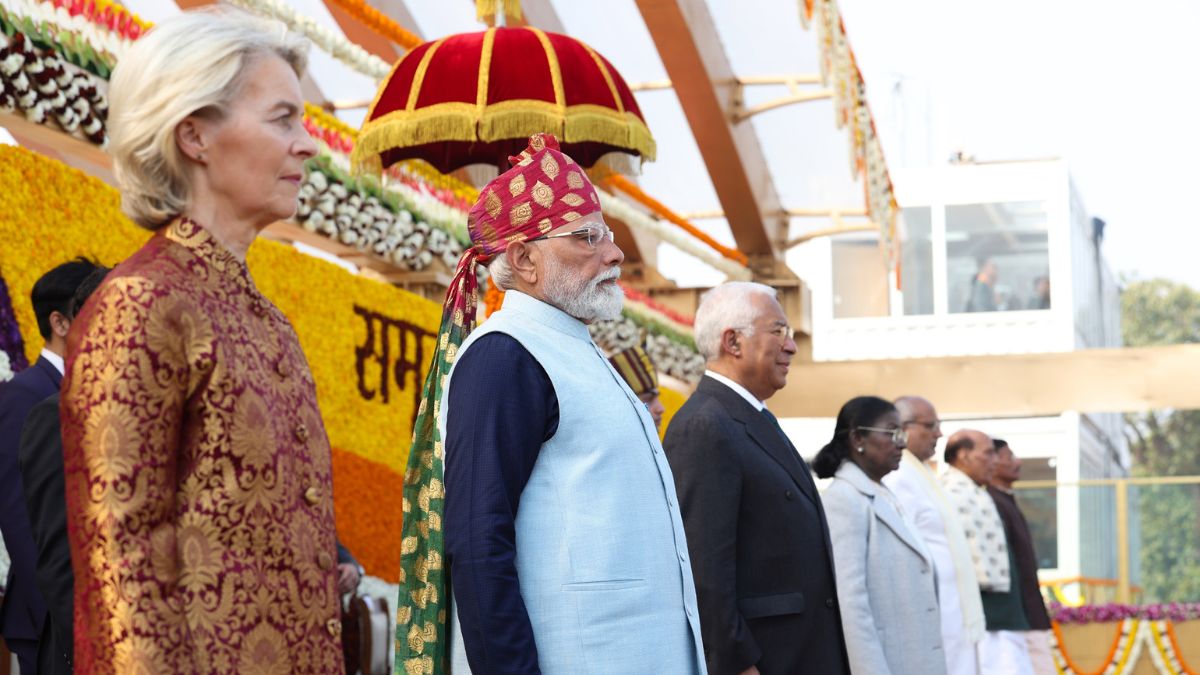)
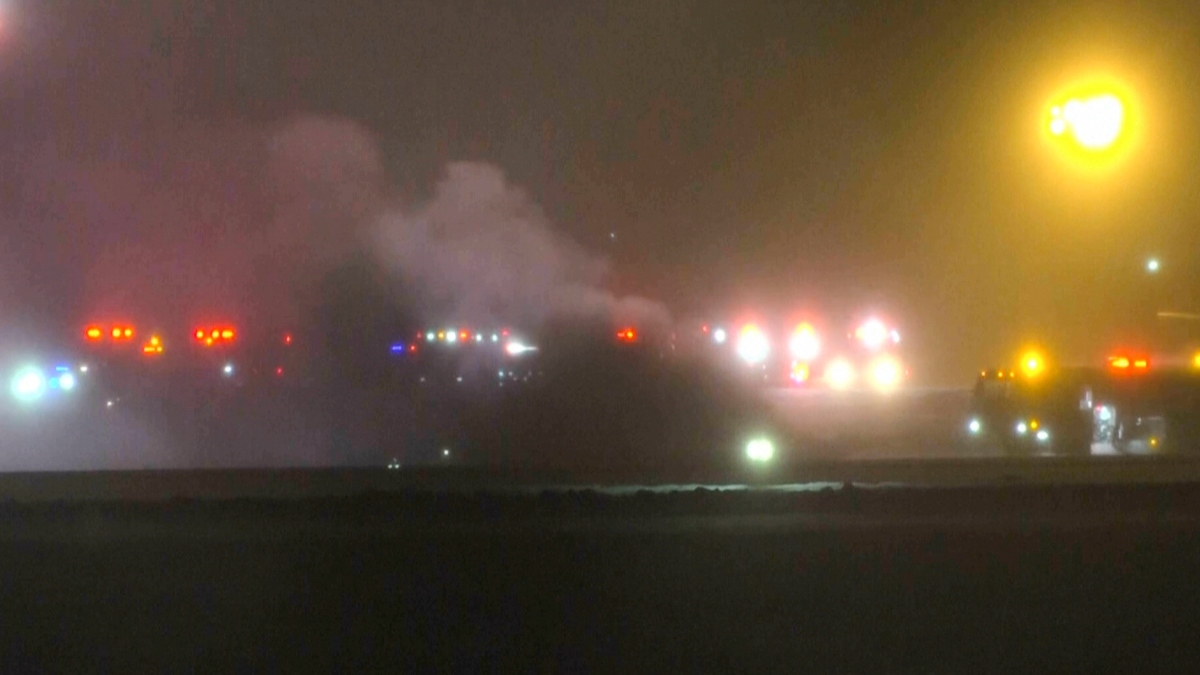)
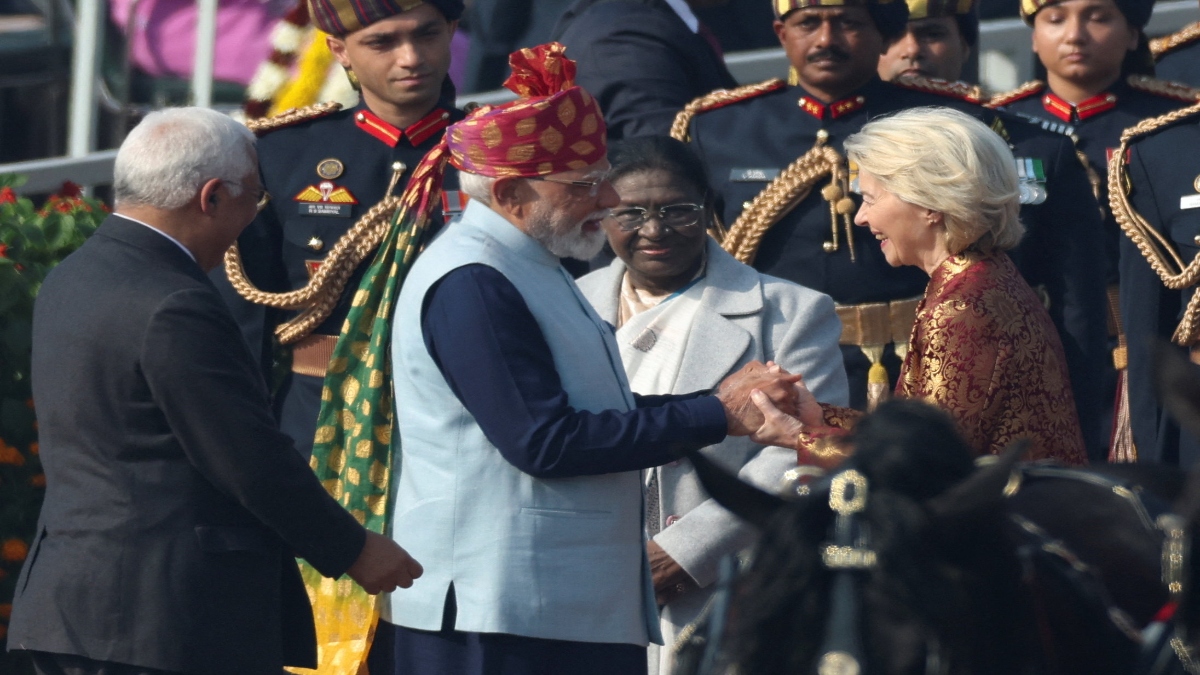)
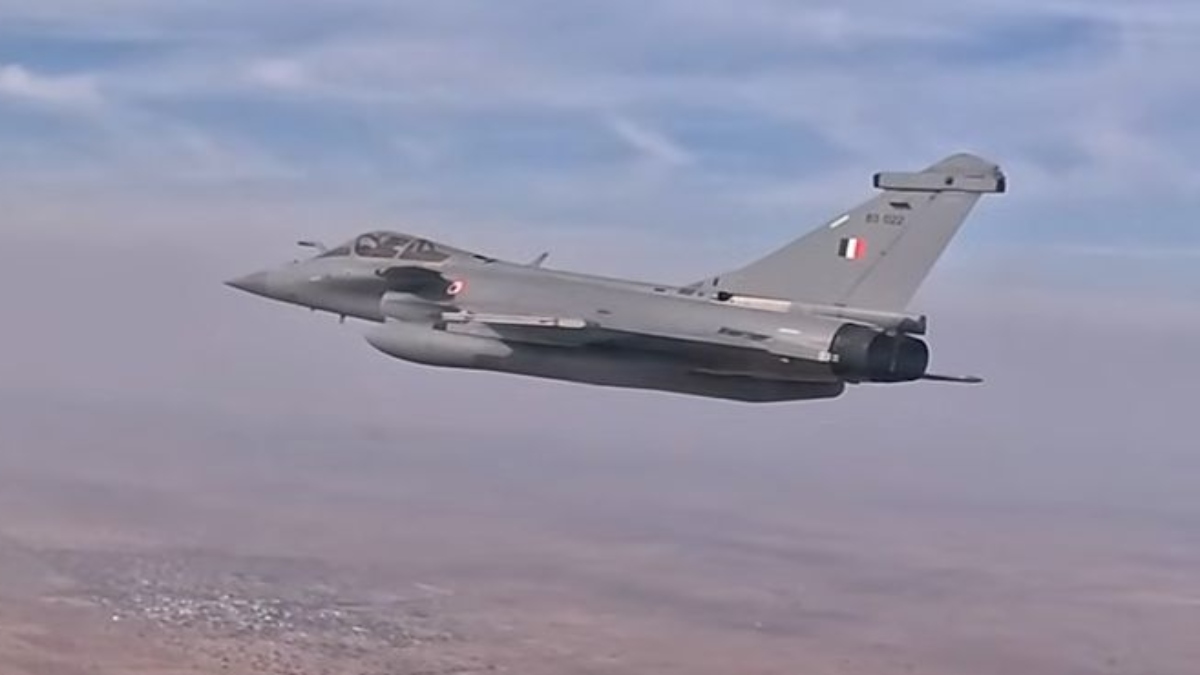)
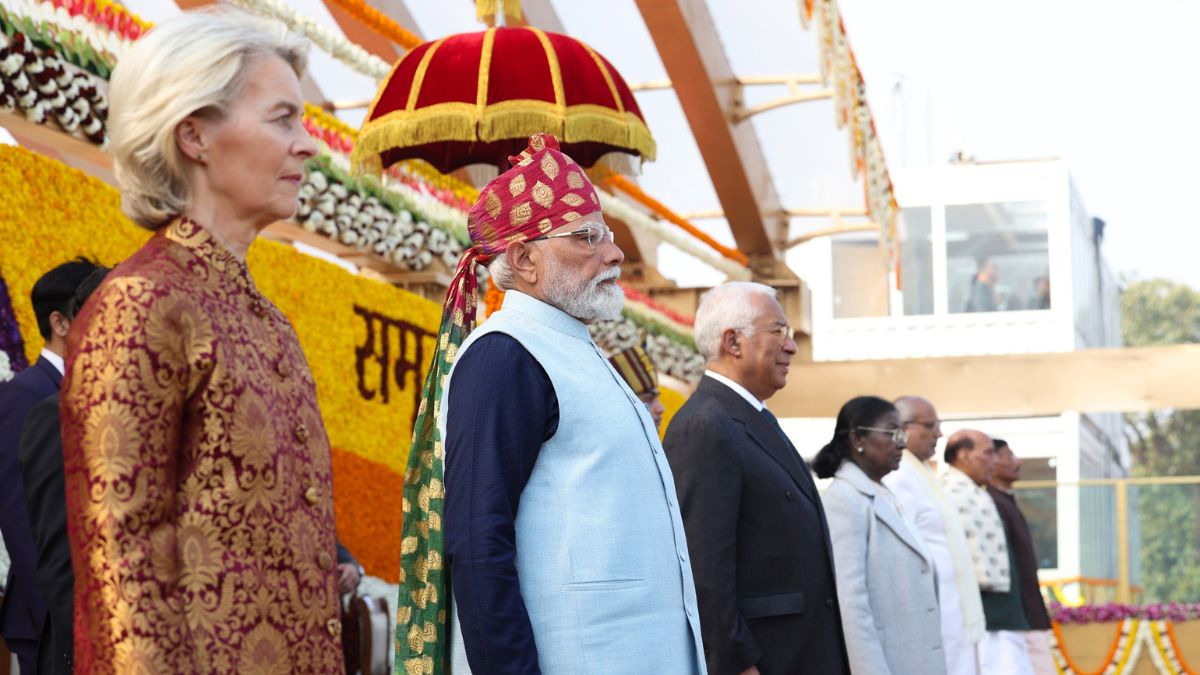)
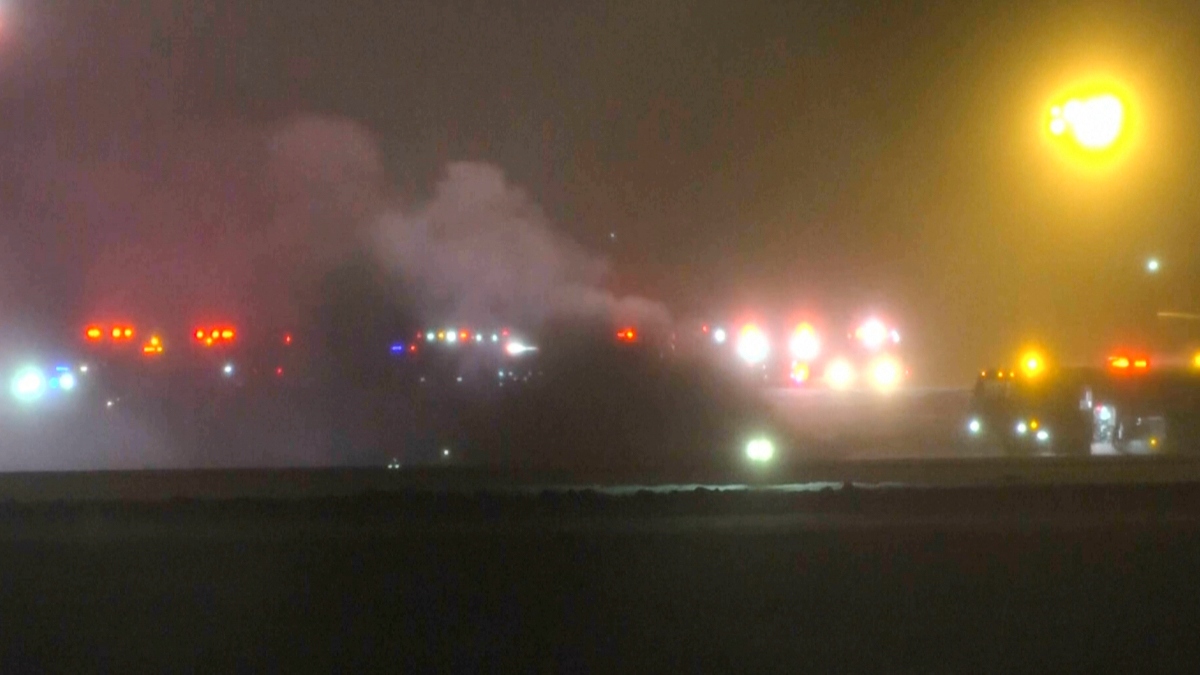)
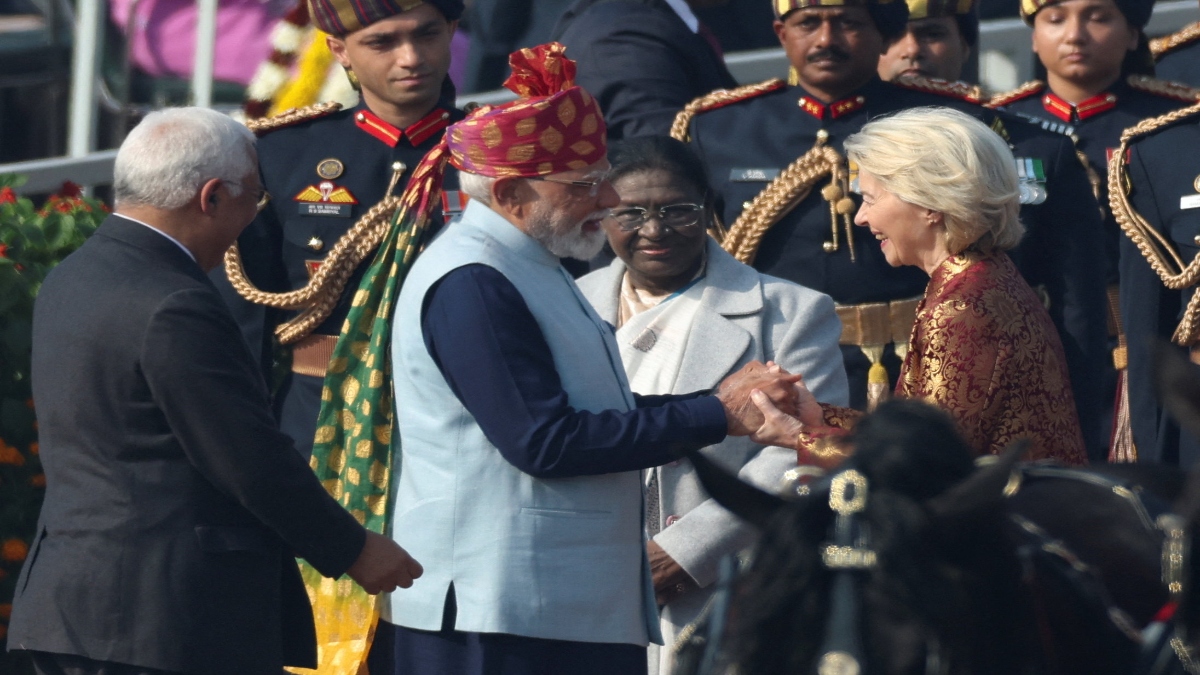)
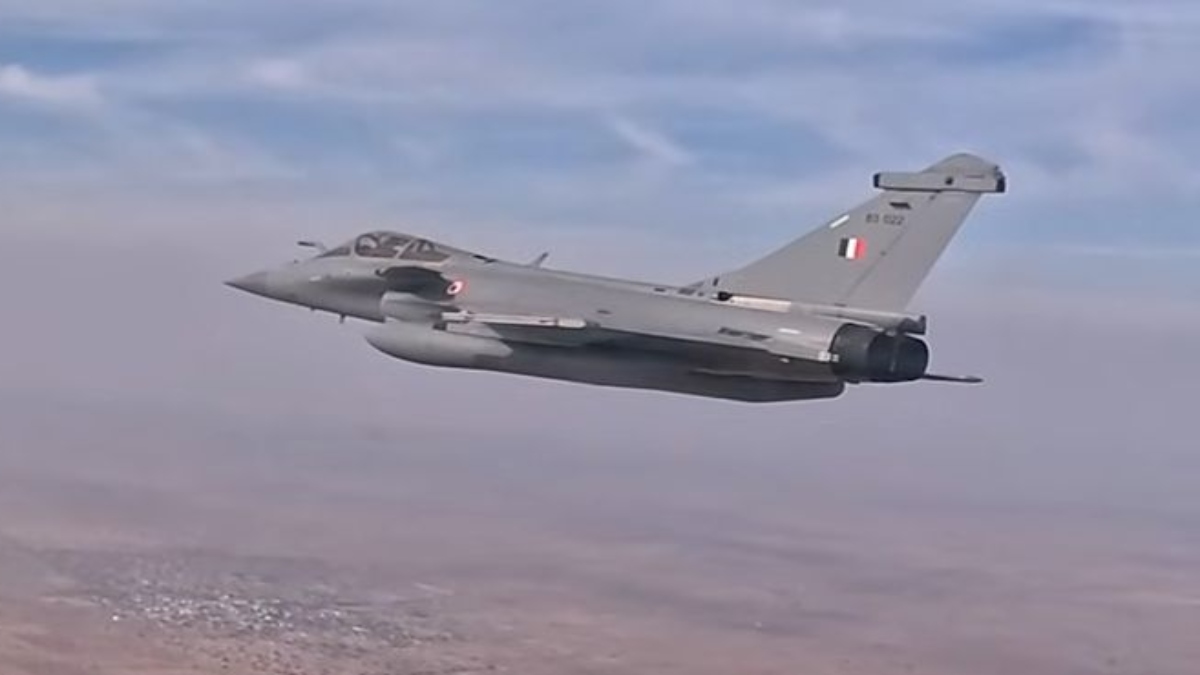)



